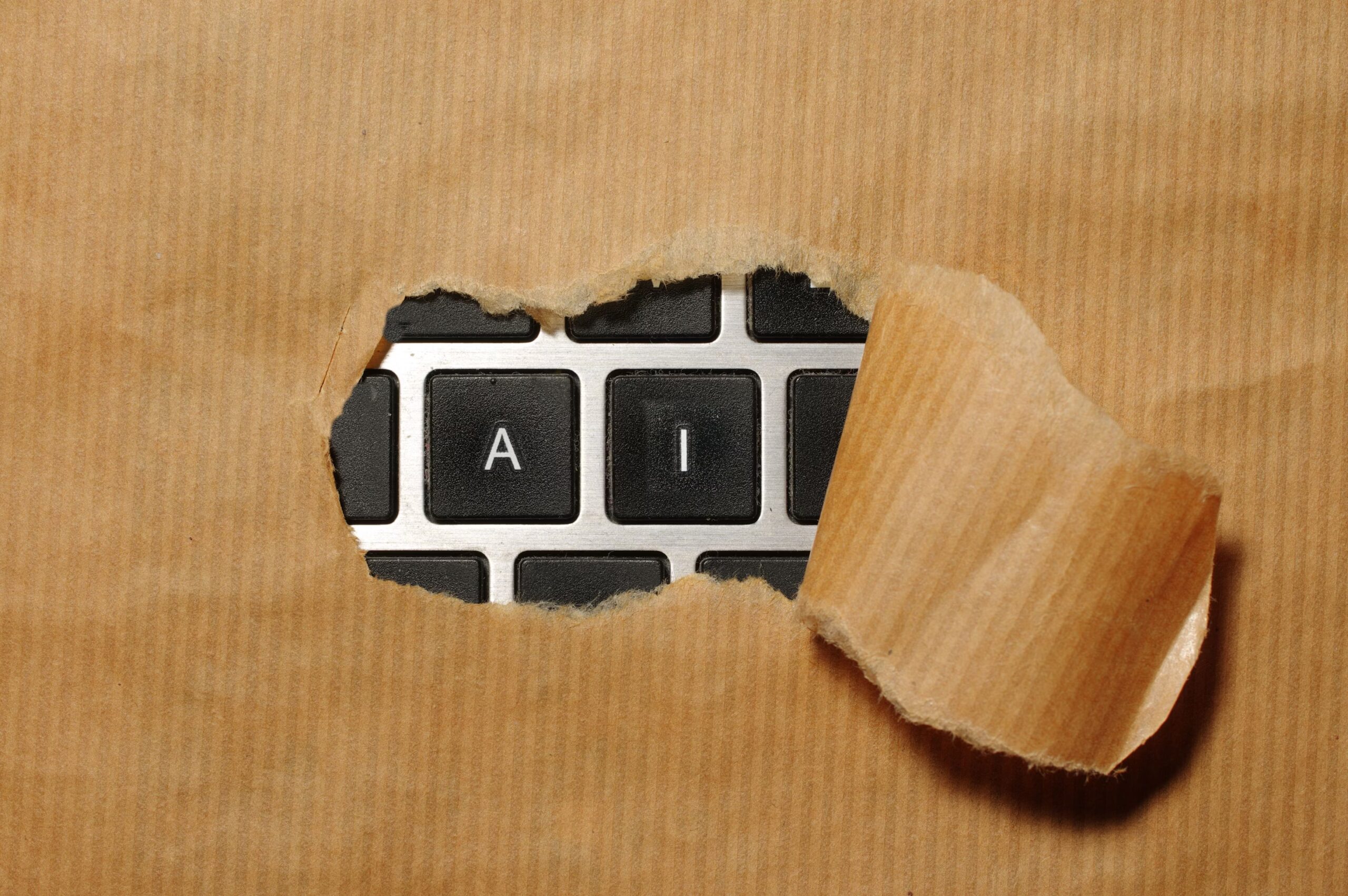
AI’s potential to accelerate scientific and technical advancements has long been the subject of discussion, but the possibility of multiple AI agents working together to solve complex problems opens up exciting new opportunities. While AI has already demonstrated its power in singular applications, coordinating multiple AI agents to work in harmony has the potential to transform industries by tackling larger, more intricate challenges.
The Complexities of AI Collaboration
To understand the magnitude of this breakthrough, consider the complexity of creating a single AI model. Developing an AI model is like constructing a building. You need to understand the problem at hand and choose the right architecture, data, and tools. Once that foundation is established, building the model is a highly specialized task. But what happens when multiple AI models or agents need to collaborate? This is a unique challenge since each model might have its own specific purpose, syntax, and language. Without a mechanism to facilitate understanding between the agents, collaboration becomes impossible.
Thankfully, the challenges of coordinating AI agents are being addressed by platforms like Coral Protocol. This Web3 platform uses decentralized and autonomous agent-to-agent protocols, allowing agents to collaborate and communicate effectively. Through the use of the Model Context Protocol (MCP), Agent Communication Protocol (ACP), Agent-to-Agent Protocol (A2A), and Agent Network Protocol (ANP), AI agents can seamlessly interact, collaborate, and scale to solve complex issues, such as scientific discovery or medical trials.
AI Agents in Medical Trials
One of the most promising applications of these collaborative AI agents is in medical trials. Traditionally, medical trials are complex, time-consuming, and costly. With AI agents, these tasks can be broken down into smaller, more manageable parts, such as data analysis, anomaly detection, risk analysis, and generating summaries of results. Instead of human intervention at each stage, AI agents can autonomously complete tasks, self-organize, and delegate, leading to faster, more efficient trials. The potential to accelerate medical research and cut costs is a game-changer for the healthcare industry.
As AI continues to evolve, the next few years promise to bring even more exciting developments. Multi-agent systems will lead to AI-driven communities capable of solving previously unsolvable challenges. While there are obstacles to overcome, the collaboration of AI agents holds great promise for addressing pressing global issues. These AI systems will no longer be the frightening machines of dystopian fiction but rather powerful tools working with humanity to solve complex problems and improve lives.
What The Author Thinks
AI’s ability to work collaboratively could be the key to solving some of the world’s most complex issues. The healthcare sector, for instance, stands to benefit greatly from AI agents working together to streamline medical trials and research. However, the challenge of coordinating AI models still presents a significant hurdle. While the potential is enormous, it’s essential to ensure these systems are designed and implemented carefully to avoid unintended consequences.
Featured image credit: Immo Wegmann via Flickr
For more stories like it, click the +Follow button at the top of this page to follow us.
